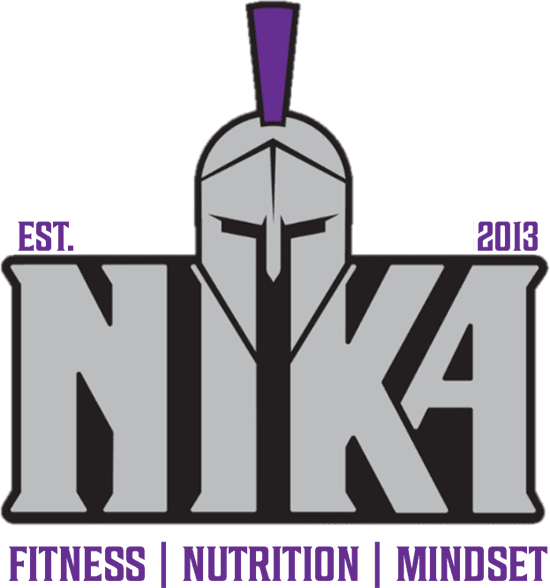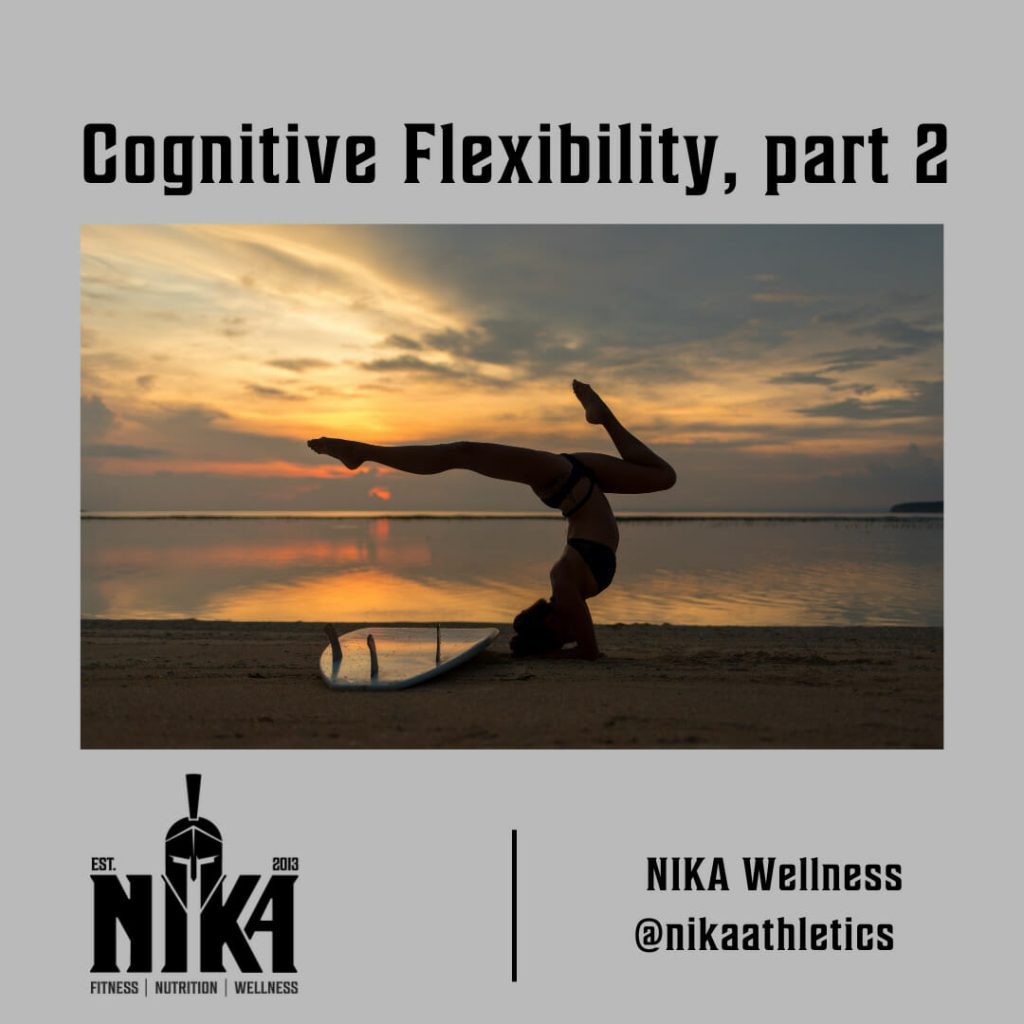Last month, we discussed Cognitive Flexibility. Now we’re going to look at it again, and apply it to nutrition, while taking a deeper dive.
Have you ever found yourself wiping away tears with a soft-baked cookie? Well, you’re not alone. This is probably obvious, but research shows stress can trigger binge eating as well as a preference for sweet treats and hyper-palatable “junk” foods. And a recent study from Johns Hopkins University suggests this is even more true in people who are most prone to emotional overeating (the tendency to overeat when you’re feeling sad, frustrated, or anxious.).
But the good news is that the scientists also found a positive, and this is where cognitive flexibility comes in. Cognitive flexibility, as a reminder is the ability to think creatively or laterally, and adapt to changing situations. Well, it might help protect against certain types of stress-eating.
According to the researchers, participants who scored high on cognitive flexibility were less vulnerable to emotional overeating and ate fewer savory snacks when upset. On the other side, other research shows people who are cognitively inflexible, who may have strict “food rules” or “all-or-nothing thinking”, are more likely to struggle.
Even more importantly, there’s growing scientific evidence that people with good cognitive flexibility are more resilient. These people not only perceive stressful events as less stressful, but they also are better able to stick to “healthy” habits.
But how do you improve cognitive flexibility? Fortunately, cognitive flexibility isn’t something you “just have” or “don’t have.” The ability to be mentally flexible and adaptable exists on a spectrum, and it can vary, depending on the current situation.
Look at it this way: you are experiencing persistent, cumulative stress. This will tear away your cognitive flexibility. You start to find yourself getting more rigid and rule-based. But, on the other side, you can boost cognitive flexibility with practice.
It starts with your mindset.
Do you think stressors are damaging, debilitating, and disruptive forces?
Or…
Do you think stressors are useful challenges that can help you learn, improve, and grow?
“Your answer shapes the way you feel, think, and act—and the way your body responds,” says Krista Scott-Dixon, PhD, co-author of PN’s Sleep, Stress Management, and Recovery (SSR) Coaching Certification.
When you see all stress as harmful, you’re not showing a high degree of cognitive flexibility. With this thinking, you are likely to think, act, and respond physically in ways that make you less resilient and more at risk of the negative consequences of stress, says Dr. Scott-Dixon.
That’s obviously not great.
How about the opposite thinking? When you see stress as an asset, or an opportunity for new ways of doing things? Those are prime examples of practicing cognitive flexibility.
As a result, you are more likely to feel, think, act, and respond physically in ways that improve your performance and encourage adaptability and resourcefulness, says Dr. Scott-Dixon.
This can create a beautiful snowball effect.
- You’ll start to notice evidence of your resilience, which reinforces your belief.
- Long-term, you’ll build greater cognitive flexibility, which means you’ll be even more capable and resilient in the future.
- Not only will you be able to meet new challenges, you’ll believe you’re able to meet those challenges.
Change your thinking, improve your life? YES!
An added bonus, some research also shows that positive emotion—specifically optimism and gratitude—could improve cognitive flexibility.
You can foster these states in a couple of ways:
- Ask, “What have I been given today?” Did you get sunshine, clean water from the faucet, or a smile from someone? Write it all down.
- Celebrate “bright spots” whenever you do something well, no matter how small. (We NIKAs know all about Bright Spots!)
Could you use some help improving your Cognitive Flexibility

